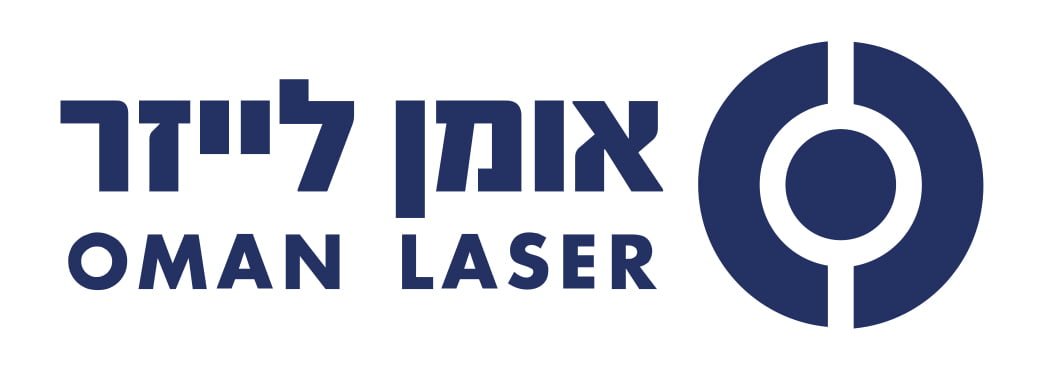Die Cutters
Home / Die Cutters
Flat Dies with Maximum Precision and Quality
Our flat dies at Oman Laser excel in utmost precision, reliability, and high-quality production. This is achieved through precise machinery, high-quality raw materials, and a skilled, professional, and experienced production team.
Our innovation is the result of many years of experience, a deep understanding of raw materials, and creative thinking to meet customer requirements. These elements allow us to provide flat dies for specific needs that have not yet been produced in Israel.
Stripping systems
At Oman Laser, you can order dies for automatic machines (Bobst, Yoko) in the cardboard industry with stripping systems for most dies. Stripping systems enable the production of a clean product with minimal waste and high production speeds.
Thinking Outside the Package
Our range of flat dies provides solutions for the production of packaging cartons, displays, and promotional items, foam templates, plastic products, lexans, magnets, puzzles, and special uses for the biological medicine, electronics, and nylon industries.
Stencils provide solutions for a wide range of applications, industries, and raw materials.
Cold stamping with a flat die makes the cost of producing a single part much more economical compared to other technologies. The stamping process ensures a very high quality of product over a long period.
The Best Machinery and Raw Materials
At Oman Laser, we have in-house design capabilities, use a wide range of different knives, and can quickly and efficiently adapt solutions to non-standard materials.
Our machinery includes top brands worldwide, such as laser machines from laserComb and bending, processing, and cutting machines from ServiForm.
The cutting knives for our stencils, made by Essmann & Schaefer, Germany, are among the best in the world. The company's wide range of knives allows us to meet specific needs with exceptionally high accuracy and speed.
Rotary Dies for the Corrugated Cardboard Industry
Rotary dies for the corrugated cardboard industry enable fast cutting of large and medium-sized packages in quantities of up to hundreds of thousands of units, with relatively short setup times. As one of the few manufacturers of rotary dies in Israel, we at Oman Laser produce exceptionally reliable and durable dies, capable of cutting hundreds of thousands and even millions of corrugated cardboard packages.
The dies are supplied on short schedules by any desired layout.
Flat Dies and Their Advantages in the Production Process
For many decades, stencils have been a basic, central, and essential part of most serial production lines. This element, also known as a "template," allows for the serial and mass production of products of various kinds with the required precision and consistency to offer the market a high-quality, uniform product that can be trusted. One of the most useful and common types of dies in industrial production today is the flat die. What exactly are flat dies used for today, and what are their essential advantages that make their use so profitable and widespread?
From Packaging Templates to the Computing and Medical Industries – Flat Dies
Flat dies are used today in a wide range of industries and different fields. For example, packaging templates are currently used in the production processes of many different types of packaging, such as various types of cardboard packaging (like packaging or display cartons), plastic and nylon packaging, and more. The use of flat dies can be found in a wide range of fields and industries, from the cardboard and plastic industries (where templates are used to produce the most basic and simple products) to advanced and innovative industries such as modern medicine, biotechnology, computing, electronics, and more.
This variety of fields, where templates are extensively used as a basic part of the production processes of completely simple and basic products, as well as advanced and groundbreaking products, more than anything, indicates the efficiency of this production method and the central place of dies in general and flat dies in particular in today's mass production world. This is, of course, due to the essential advantages of the stencil as a simple and central production element.
Advanced Machinery, Diverse Raw Materials, and Skilled Team – Advantages of Using Stencils
So, what are the many and essential advantages that characterize flat dies and make them such an integral and central part of many different production processes across a wide range of industries and production fields?
The first advantage is, of course, the machinery used to produce the dies themselves, and in particular, the precision level of this machinery. Today, stencils can also be produced using advanced technologies like laser cutting, thereby ensuring precise, reliable, and high-quality production of dies in a wide range of sizes, shapes, and raw materials. Of course, one of the most essential properties of the die is its level of precision (since the die serves as a template for producing a specific part of the product, ensuring that the final product is uniform, precise, and high-quality requires accurate stencils for each part), and therefore it is clear why the use of an automatic laser cutting machine can provide stencils at an optimal quality level.
Apart from the machinery used to produce the dies, the wide variety of raw materials that can be used to produce these dies (as well as to produce products using these stencils) is immense. Thus, you can find flat dies made from various raw materials, which are used in the production processes of metal, plastic, nylon, cardboard, and a variety of other raw materials, allowing flat dies to play a key role in the manufacturing processes of countless elements across a wide range of sectors.
And, of course, among the advantages of our flat dies, we must mention the excellent human capital, without which no part of the production process could take place properly. Our skilled team knows how to produce high-quality and precise stencils, in a production process characterized by minimal wear and maximum benefit for the customer.
